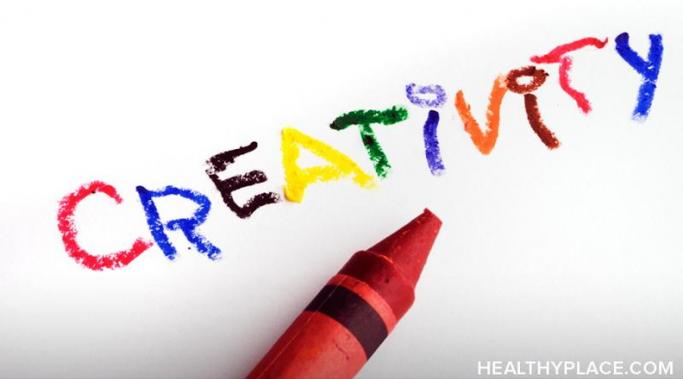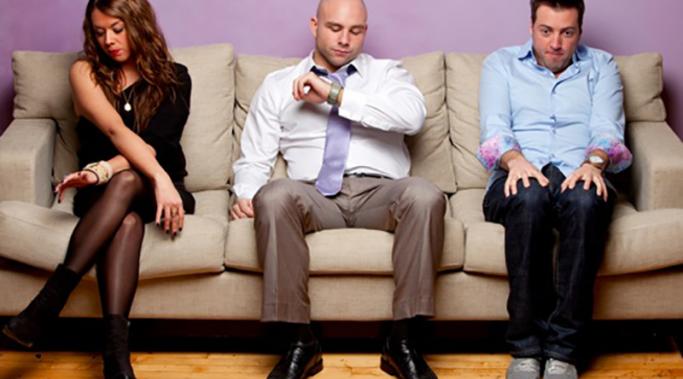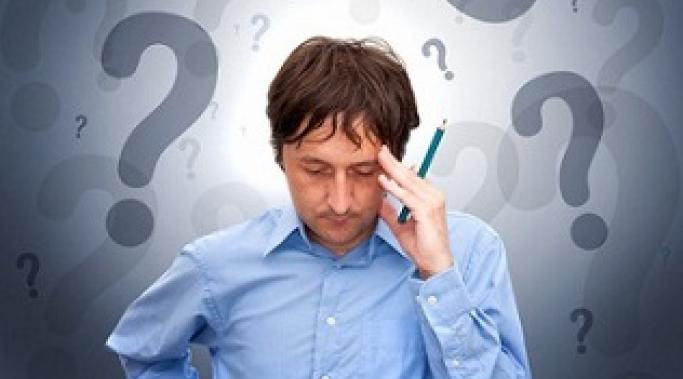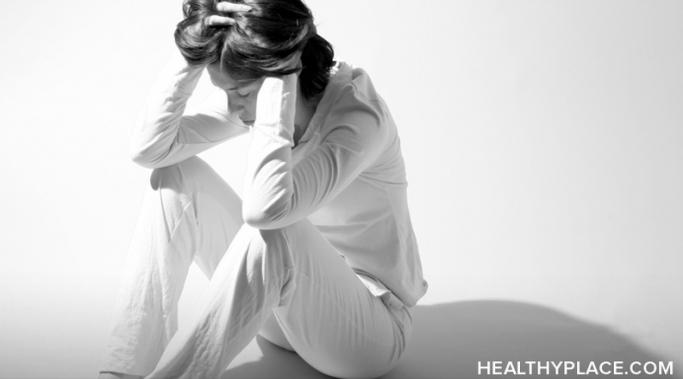It’s the time of year for summer celebrations, and to fully enjoy them, we’d love to lower the party anxiety that frequently accompanies the fun. For a multitude of reasons, parties, gatherings, and celebrations can heighten anxiety. Whether it’s the dread that comes with the idea of having to come up with the right things to say, the fear of being judged, the forced interaction with strangers or acquaintances and family that you’re in conflict with, or more, summer celebrations can lead to intense party anxiety. Fortunately, you don’t have to spend the season in misery. Below are eight ways to lower party anxiety during summer celebrations.
Anxiety-Schmanxiety
Parenting and anxiety frequently go hand-in-hand, and it can be difficult to determine when parenting worries are normal and when they escalate to unhealthy levels. The term normal is a loaded one, of course. Here, it implies no judgement whatsoever. It's a mathematical term indicating that parenting anxiety is typical, experienced by a majority of people as they lovingly raise and care for their children. It's common for us parents to wonder about our own parenting and anxiety and whether it's normal or unhealthy.
To downsize your worry list and prioritize anxiety might seem like a strange concept, at least initially. After all, we want worries to disappear, not just to be downsized; further, why would we prioritize anxiety when we want it to go away? Ridding ourselves of anxiety is a process, and downsizing your worry list, and prioritizing anxiety go a long way toward taking back your life.
Calming anxiety can seem impossible, and while mediation for anxiety can be effective, sometimes an alternative to meditation is necessary. After all, when our anxious brains race with worries and fears and what-ifs, it can be incredibly difficult to sit still with our eyes closed and clear the mind. Yet our brains need a break. We need a break. It is exhausting and even painful to sustain anxious, racing thoughts. We can give our brains this break even when we can't meditate. There is an alternative to meditation that works wonders in calming anxiety.
To be anxious in an uncomfortable silence can create an unbearable quiet zone where all eyes could be on you. Anxiety, especially social anxiety, can flare when we're in a room full of people. Noisy chatter, clanking objects, clicking shoes, slamming doors, and all other background noise is amplified by anxiety. In turn, anxiety revs up, and all of this commotion can make us tense, shaky, dizzy, and fearful that we're doing something wrong. As miserable as a noisy room can make the anxiety-sufferer, when things go quiet and silence descends, it is often then that anxiety spirals out of control. Being anxious in an uncomfortable silence is common in social anxiety, but it doesn't have to forever plague us.
Living with anxiety can mean a life full of challenges, and the challenges of living with with anxiety can be significant. Anxiety can range from mild to debilitating; further, it comes in many forms and types of anxiety disorders. Despite the differences in degrees of severity and the way anxiety is experienced, there is a common thread: anxiety can make life difficult. Add to this the fact that the experience of anxiety can be hard for "outsiders" to understand, and the frustration level skyrockets. Indeed, the challenges of living with anxiety can be daunting, but we all have the power to overcome them.
To reason with anxiety and the anxious thoughts that accompany it can seem not only ridiculous but downright impossible. Picture a toddler in the throes of a spirited temper tantrum. Said toddler is, at that moment, irrational and emotional and not quite capable of discussing the matter at hand over a cup of tea. Anxiety can be like that toddler. The difference between anxiety and a toddler, though, is that a toddler isn't developmentally capable of reasoning. We, on the other hand, are capable of rationalizing; by default, we can reason with anxiety because it's (temporarily) part of us. As far-fetched as it may seem, it is quite possible to reason away our anxiety and anxious thoughts.
Unconditional positive regard reduces anxiety. When we experience anxiety, how can we stop bullying ourselves and give ourselves unconditional positive regard?
Paralyzing anxiety is a very descriptive term. Anxiety can be paralyzing, almost completely shutting us down. Any type of anxiety can insidiously take over our thoughts, increasing our fears to the point where we want to shut down and hole up. Worries can make us feel as though we are stuck and can’t go on. However, there are ways we can move despite this paralyzing anxiety.
The causes or the effects of anxiety: which came first: the chicken or the egg? Anxiety has both causes and effects. It seems straightforward, but to those of us who have experienced it, it’s not always so clear which comes first, the causes or the effects of anxiety. It can be a frustrating chicken-and-egg conundrum.









